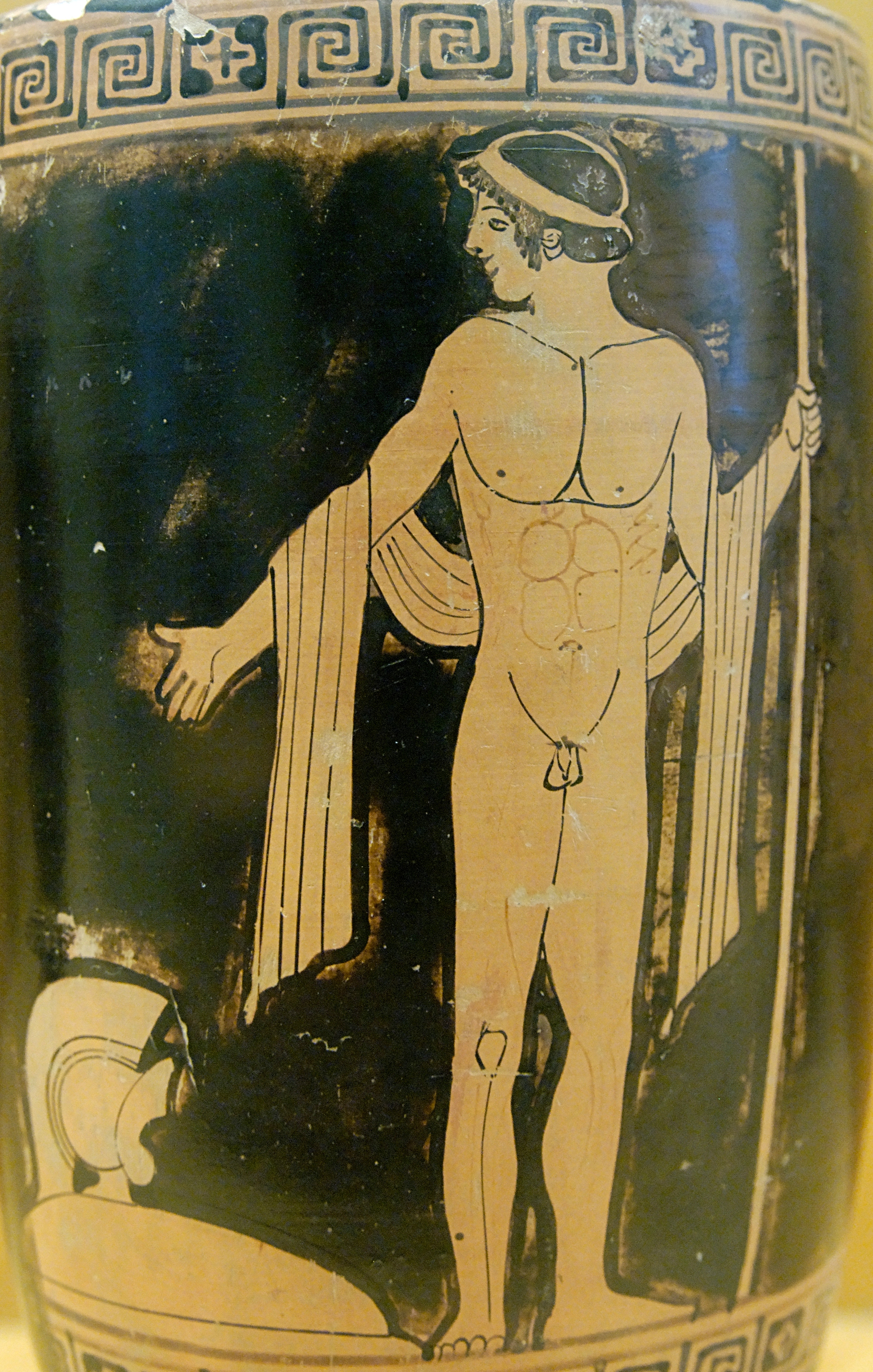|
Kóryos
The ''kóryos'' (Proto-Indo-European: "army, people under arms" or "detachment, war party") refers to the theoretical Proto-Indo-European brotherhood of warriors in which unmarried young males served for several years, as a rite of passage into manhood, before their full integration into society. Scholars have theorized the existence of the ''kóryos'' based on later Indo-European traditions and myths that feature links between landless young males, perceived as an age-class not yet fully integrated into the community of the married men; their service in a "police-army" sent away for part of the year in the wild (where they hunted animals and raided foreign communities), then defending the host society for the rest of the year; their mystical self-identification with wolves and dogs as symbols of death, lawlessness, and warrior fury; and the idea of a liminality between invulnerability and death on one side, and youth and adulthood on the other side. Etymology and name The Proto ... [...More Info...] [...Related Items...] OR: [Wikipedia] [Google] [Baidu] |
Proto-Indo-European Society
Proto-Indo-European society is the reconstructed culture of Proto-Indo-Europeans, the ancient speakers of the Proto-Indo-European language, ancestor of all modern Indo-European languages. Scientific approaches Many of the modern ideas in this field involve the unsettled Indo-European homeland debate about the precise origins of the language itself. There are four main approaches researchers have employed in their attempts to study this culture: *Historical linguistics (especially comparative linguistics): interpretations based on the reconstruction and identification of words and formulae (those cited ''*thus'' on this page, with a preceding asterisk) which formed part of the vocabulary of the Proto-Indo-European language. These are reconstructed on the basis of sound laws and shared grammatical structures; the definitions hereunder given for the roots should be read as "connotations" (the concepts associated with a word that were inherited in the daughter languages), close to ... [...More Info...] [...Related Items...] OR: [Wikipedia] [Google] [Baidu] |

